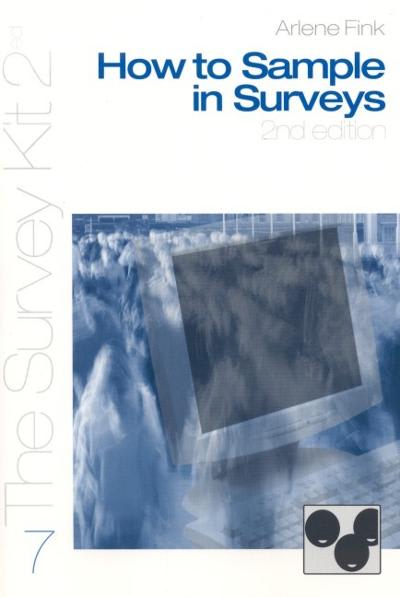Question
How did immigration in the late 1800's and early 1900's affect vocational development ? A New America Frank Parsons (1854-1908) was a man of many
How did immigration in the late 1800's and early 1900's affect vocational development?
A New America Frank Parsons (1854-1908) was a man of many interests and occupations. At the time of his death in 1908, he had worked as an engineer, teacher, administrator, vocational counselor, social critic, writer, and lawyer. Well educated and socially minded, Parsons was an advocate for the rights and needs of those whom he believed were exploited by industrial monopolies. He was a product of his time, and there was much about his time that he did not like. On the heels of the Civil War, America was rebuilding and expanding west. The railroad made expansion possible, and it stirred in Parsons a distrust and disdain for big business that motivated and informed his work and writings throughout his adult life (H. V. Davis, 1969). His modest tome on vocational choice was but one of a flood of books, articles, and treatises on the state of a nation that seemed to be beset by many woes. Parsons not only pointed out the ills, he also took action to overcome them. Parsons and his nurturing of vocational guidance emerged and grew alongside the rise of an industrial economy and urban order that was unlike anything ever seen or known before. It is difficult to imagine the magnitude of change that took place in America at the beginning of the 20th century. Consider that in 1900, automobiles, airplanes, electricity, and indoor plumbing were new to most people. The explosion in technology was matched by the explosion of urban centers. America was being defined by burgeoning industrial cities such as Chicago, New York, Boston, and Philadelphia. These city centers drew people from all over the world in search of a better, more prosperous life. Changes in demographics, culture, and capital were believed to be signs of progress, an advance that depended on human labor and machinery. Mass production appeared as a major achievement of human ingenuity and technological sophistication. However, mass production was useless unless it was efficient. Progress, precision, and efficiency quickly became the central tenants of the new social order that was the progressive movement. Those identified as progressives expressed faith in science and technology, tempered by an equal measure of public concern for others. Progressives, such as Parsons, wanted the government to ensure that societal institutions responded to the needs of all its members. The changing social order provided much fodder for the progressive cause, and followers lobbied for things such as women's suffrage and government regulation of industry (Baker, 2002). These concerns were partly a product of the poor social conditions experienced by many immigrants. Those who migrated to America's urban centers were often poor and uneducated. Immigrants from other nations did not know the language or the culture. Exploitation was always a concern, but the new city inhabitants were more often focused on other immediate needs such as employment, food, and shelter. The most susceptible members of this already vulnerable group were children. America, a young nation itself, took a significant interest in its youngest citizens.
Step by Step Solution
There are 3 Steps involved in it
Step: 1

Get Instant Access to Expert-Tailored Solutions
See step-by-step solutions with expert insights and AI powered tools for academic success
Step: 2

Step: 3

Ace Your Homework with AI
Get the answers you need in no time with our AI-driven, step-by-step assistance
Get Started


